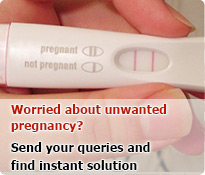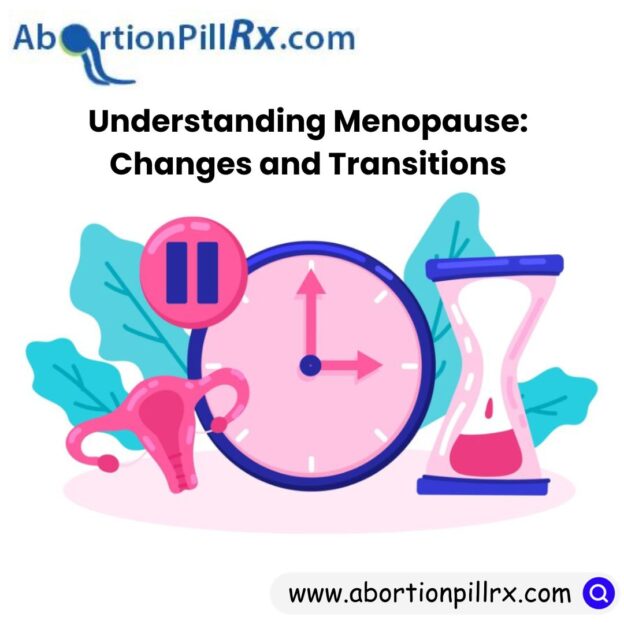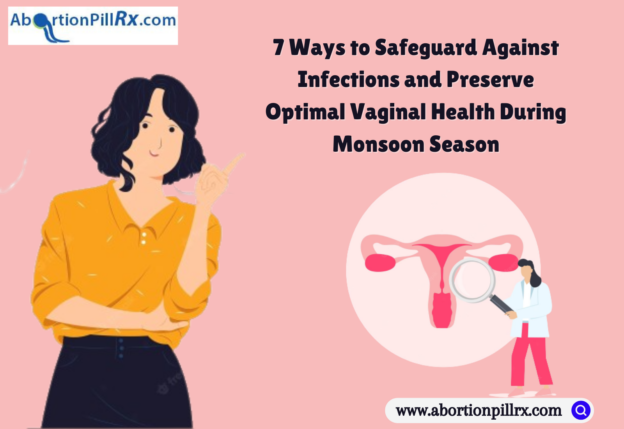High-quality dietary supplements are available over the counter, or you can get them from an online provider. Supplements are for everything. If you want supplements for hair growth, clear skin, gut health, sleeping problems, or sexual health, just ask for them, and you will get them.
High-quality vitamins and supplements are available in powder, capsules, liquids, gummies, tinctures, drinks, or energy bars. If the food you eat lacks the nutrients required for good and prosperous health, you can take these high-quality dietary supplements.
Choosing the best supplement that contains no harmful ingredients and is effective is very important. It’s a difficult task to know which product is of high quality. But when you finish reading this blog, you can tell the difference between low-quality and high-quality dietary supplements.
Now, before we get to that part, let us first know what the supplements and vitamins are for better clarity on the topic.
Vitamins and Supplements
Supplements are available in various forms, such as capsules, powder, liquid, tinctures, gummies, or energy bars. While individuals with a nutrient-rich diet may not require them, those lacking essential nutrients can benefit from these supplements.
There are claims that these supplements offer numerous benefits to the body, but you must verify these claims before taking them. Our bodies need proper nutrition for good physical as well as mental health. You can either have a nutrition-rich diet or take these supplements.
These supplements have “dietary ingredients” like minerals, vitamins, amino acids, herbal and botanical ingredients, antioxidants, probiotics, enzymes, or other nutrients. These high-quality vitamins and supplements are not approved by the FDA (Food and Drug Administration) but are regulated under a set of rules known as the DSHEA—Dietary Supplement Health & Education Act of 1994.
According to this act, the manufacturers of the supplements must follow “good manufacturing practices” and avoid making false claims unless they have proven clinical evidence. If the manufacturers do so, then the FDA can take action against them.
Look for these ingredients in your high-quality dietary supplements:
- Minerals: Minerals are important for your body as they help in the making of hormones and enzymes. They help in the proper bodily function of the brain, heart, muscles, and bones.
- Vitamins: Your body needs vitamins to grow; they are the essential nutrients your body requires to function properly and stay healthy. Many vitamins are important in regulating key metabolic functions like growth, brain function, and digestion.
- Water-soluble vitamins: These vitamins dissolve in water and don’t stay in the body. These include vitamins C and B.
- Fat-soluble vitamins: These vitamins dissolve in fat and can be stored in the body. They include vitamins A, D, E, and K.
- Amino Acids: The human body uses amino acids to produce proteins. Our bodies can synthesize numerous amino acids, but not essential amino acids. Our bodies cannot produce them; thus, they must be received through diet. The nine amino acids are histidine, isoleucine, leucine, lysine, methionine, phenylalanine, threonine, tryptophan, and valine.
- Herbs or other botanicals: Herbs are plants used as flavorings and spices in cooking, but they can also be taken as health supplements for medicinal purposes. Botanicals are made from plants and utilized in dietary supplements, cosmetics, and medications. Other terms include “herbal medicine” and “plant medicine.”
Supplements do not prevent, treat, or cure any diseases, like prescription medications. They are solely a means of obtaining proper nutrients and cannot substitute for a nutritious diet.
Who needs these high-quality vitamins and supplements?
If an individual is getting proper nutrition through a nutritious diet, then taking vitamins or supplements is not necessary. In some cases, you may be required to take supplements, like:
- When a woman is pregnant or breastfeeding.
- Adults or children who are nutrition deficient.
- Individuals who have conditions like nutrition malabsorption.
- Individuals who had bariatric surgery, like gastric surgery,
- People who are vegan or vegetarians.
Look for these on the supplement labels before buying high-quality dietary supplements.
- Name of the product
- A statement that reads “dietary supplement”
- Manufacturer’s name and location
- Supplement fact panel that includes the name of active ingredients, serving size, and quantity of the serving per container.
- List of all the inactive ingredients
- Address and phone number to report severe side effects
If you find any of the above information to be missing, you should not buy that supplement.
Conclusion
When determining which supplement is best for you, become an informed customer. Before making a purchase, do some research about the products in question.
OTC supplements are not FDA-approved. However, seals from independent companies such as USP or NSF indicate that a supplement has undergone additional testing. Read the supplement labels properly to know what the supplements comprise.
It is important to note that these supplements may still cause side effects or interact with other drugs. Therefore, it’s crucial to consult with your doctor before trying anything new.





